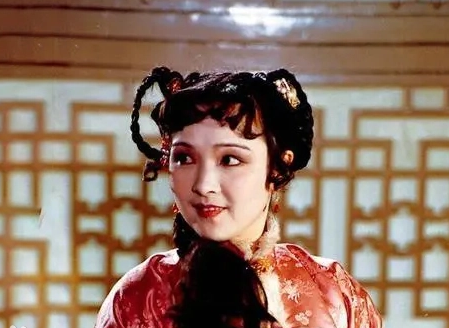In ancient Chinese court dramas, we often hear the Empress Dowager calling herself "Ai Jia". This title carries profound historical and cultural significance. It is not just a title, but also a reflection of traditional etiquette and royal rules. This article will explore the reasons why the Empress Dowager calls herself "Ai Jia" and the cultural implications behind it.

I. Origin of the Title "Ai Jia"
The term "Ai Jia" first appeared in the Song Dynasty, when it was a respectful title for widows. In ancient China, widows were expected to show sorrow and loyalty to their deceased husbands, so "Ai Jia" became their self-title. Over time, this title was gradually introduced into the palace and became a special title for the Empress Dowager.
II. The Connection between the Empress Dowager and "Ai Jia"
In the royal family, the Empress Dowager is usually the mother or grandmother of the emperor. When the emperor dies, the queen or the Empress Dowager becomes the Empress Dowager. According to traditional etiquette, the Empress Dowager needs to express sorrow for the deceased emperor and respect for the royal power. Therefore, they call themselves "Ai Jia", which not only expresses their mourning for the deceased husband, but also reflects their awe of the royal power.
III. The Cultural Implications of "Ai Jia"
"Ai Jia" is not just a title, but also carries the expectations of ancient society for female roles and status. In the context of male dominance, women were often expected to show chastity and loyalty after the death of their husbands. As the highest representative of royal women, the Empress Dowager's self-title of "Ai Jia" is also a follow-up and embodiment of this value.
IV. "Ai Jia" from a Modern Perspective
In modern society, people have a deeper understanding of gender equality, and women are no longer expected to be completely dependent on men. Therefore, from a modern perspective, the title "Ai Jia" may seem somewhat outdated. However, as part of historical culture, it remains an important window for us to understand ancient society and culture.
Conclusion:
There are many reasons why the Empress Dowager calls herself "Ai Jia", which has both historical and traditional roots and social expectations for female roles and status. This title not only reflects the etiquette and rules of ancient China, but also shows the values of loyalty and sorrow in that era. Although our views on "Ai Jia" may differ with the changes of the times, it remains one of our valuable cultural inheritances.
Disclaimer: The above content is sourced from the internet and the copyright belongs to the original author. If there is any infringement of your original copyright, please inform us and we will delete the relevant content as soon as possible.































